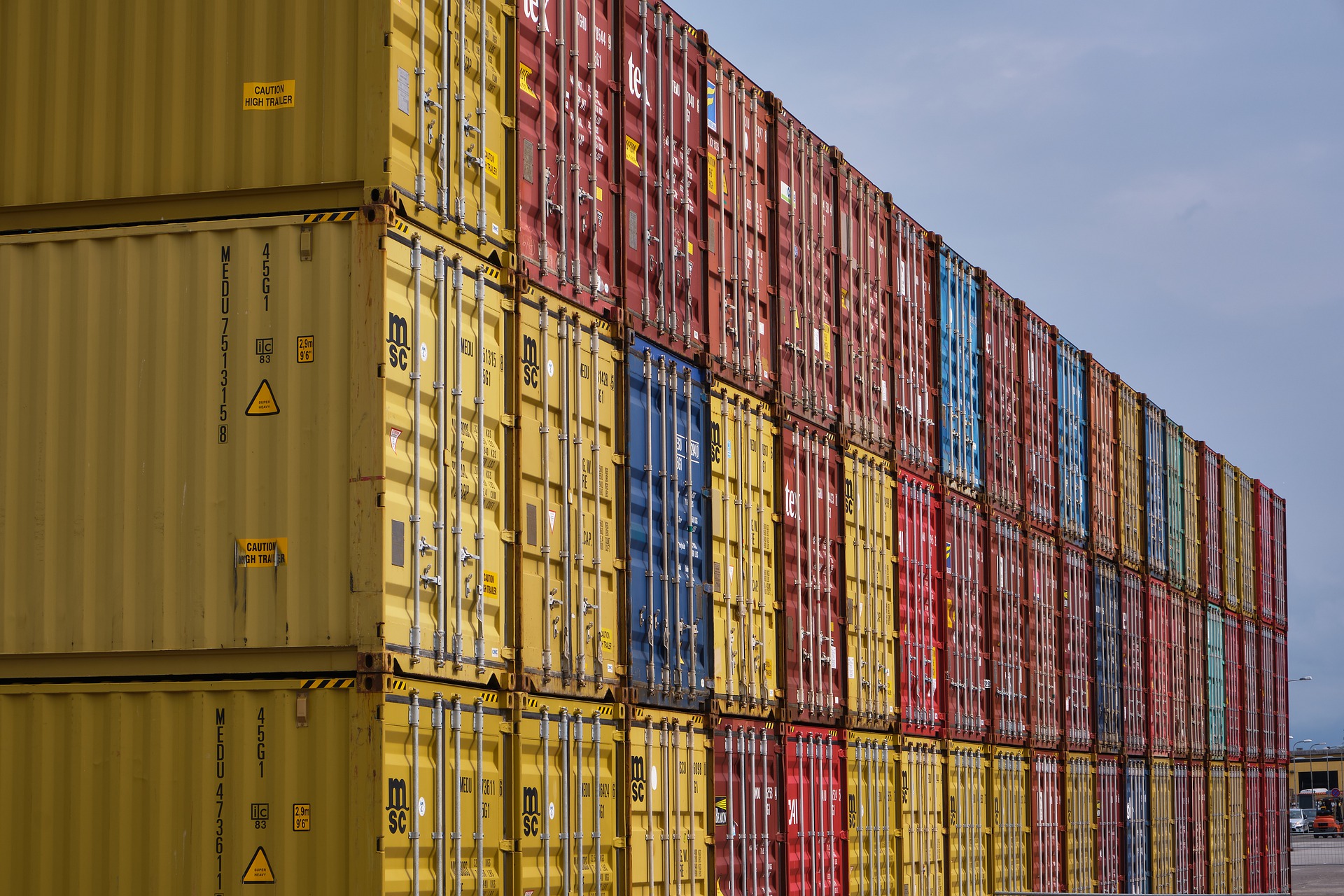
On February 25, 2021, a public discussion on the draft amendments to the Technical Regulation TR CU 009/2011 "On safety of perfumes and cosmetic products" began in Russia.
The draft amendments were prepared by the Federal Service for Supervision in the Field of Consumer Protection and Protection of Human Welfare (Rospotrebnadzor) in accordance with the plan to update the Technical Regulations of the Eurasian Economic Union (Section 34, Art. II). The plan was approved by Decision No.79 of the Commission of the Eurasian Economic Union of October 1, 2014.
Since there are no harmonized standards in the field of perfume and cosmetic products, technical barriers to trade can arise. By updating the technical regulations, these technical barriers to trade with third countries, in particular with the European Union (EU), are to be removed.
After the analysis of Regulation No. 1223/2009 (EU Cosmetics Regulation) and TR CU 009/2011, it was determined that the substances which are used for the manufacture of perfume and cosmetic products and which are approved and prohibited for release on the market do not match in these documents. In order to harmonize the requirements, the following changes are designed:
- The list of substances that are prohibited for use in perfume and cosmetic products: Some of the old substanses are included in a new edition, and new substanses have been added
- The list of substances that are permitted for use in perfume and cosmetic products with restrictions: All substanses are fully contained in the new edition
- The list of substances that are approved for use in perfume and cosmetic products: Some of the old substanses are included in the new edition
- The list of preservatives approved for use in perfume and cosmetic products: Some of the old substanses are included in the new edition, and new substanses have been added
- The list of UV filters approved for perfume and cosmetic products: Some of the old substanses are included in the new edition, and new substanses have been added
The public discussion ended on March 24, 2021.
The new version of TR CU 009/2011 comes into force 12 months after the changes have been accepted.
After the changes come into force, manufacturers, authorized representatives, distributors and sellers must make changes in the product recipes and their labeling. In addition, new certificates of conformity (EAC declaration or certificate of state registration) must be issued.
However, applicants will be given a transition period. If the EAC declarations are registered before the day on which the changes come into force, they may be used up to the their period of validity. The State Registration Certificates are valid for 36 months from the date when the changes come into force.





